When the U.S. Court of Appeals for the 5th Circuit granted a stay to RJ Reynolds Vapor Co. (RJRV) of the U.S. Food and Drug Administration’s denial of its 150,000-page premarket tobacco product application (PMTA) for its menthol Vuse products, the judges indicated that the court believes RJRV is likely to prevail on the merits when the full review is heard.
Tobacco harm reduction expert Clive Bates, of Counterfactual, said the substantive decision rests on three main arguments, as outlined by the judges granting the stay. The order states:
Specifically, RJRV demonstrates that the FDA failed to reasonably consider the company’s legitimate reliance interests concerning the need for longitudinal studies and marketing plans; failed to consider relevant evidence, inter alia, that youthful users do not like menthol-flavored e-cigarettes; and has created a de facto rule banning all non-tobacco-flavored e-cigarettes without following APA notice and comment requirements.
The three main points argued by the court are outlined below:
FDA changed the decision-making criteria after the application.
1. Legitimate reliance interests
“The FDA did not reasonably consider RJRV’s legitimate reliance interests before changing its position on the types of comparative studies and marketing plans critical to a compliant and complete PMTA.”
Failure to consider Reynolds’ arguments adequately
2. Failure to consider relevant factors
The FDA did not adequately address RJRV’s evidence that substantial health benefits would accrue to adult and youth cigarette smokers alike who switched to menthol Vuse, while popularity among youth would remain low overall. For example, RJRV’s application contained studies that “switching from smoking to use of menthol Vuse Vibe substantially reduces toxicant exposure in a manner similar to smoking abstinence.” RJRV also submitted evidence of low popularity among youth relative to other flavored ENDS.
Bates stated that at least one portion part of the court’s argument looks troubling for Brian King, the newly appointed director of FDA’s Center for Tobacco Products (CTP).
Then in July 2022, a new CTP director appeared on the scene and told OS that “the approach to menthol-flavored ENDS should be the same as for other flavored ENDS, i.e., the products could be found [appropriate for the protection of the public health] only if the evidence showed that the benefits of the menthol-flavored ENDS were greater than tobacco-flavored ENDS, which pose lower risk to youth.” OS then changed its position.
FDA has been implementing a de facto tobacco product standard (a flavor ban) without using the rule-making process, public comment etc.
3. “Tobacco product standard”
RJRV has adduced evidence that the FDA has effectively banned all non-tobacco-flavored e-cigarettes, pursuant to its new and secret heightened evidentiary standard, without affording affected persons any notice or the opportunity for public comment. There is no dispute that the TCA requires the FDA to abide by notice-and-comment rulemaking procedures before establishing a “tobacco product standard.”8 21 U.S.C. § 387g(c)–(d). Similarly, it is clear that a ban on all but tobacco-flavored e-cigarettes would constitute a “tobacco product standard.”
Bates explains that the court justifies its assertion that FDA is imposing a de facto standard with reference to the so-called “fatal flaw memo.” This was an expedited decision-making regime that stipulated that applications for non-tobacco-flavored products must be supported with controlled trials or longitudinal studies showing a quitting or switching advantage over a tobacco flavor. Otherwise, they would be automatically denied.
We conclude that the Fatal Flaw memo’s heightened evidentiary standard “bears all the hallmarks” of a substantive rule. City of Arlington, 668 F.3d at 242. First, the memo is binding on its face by mandating that applications contain “the necessary type of studies.” Second, it has been applied in a way that indicates it is binding; indeed, the subsequent, myriad Denial Orders refer to the same deficiencies identified as “fatal” in the memo. Third, it took away the FDA reviewers’ former discretion to consider individual PMTAs solely on their merits and instead requires a cursory, boxchecking review.
Finally, it affected the rights of literally hundreds of thousands of applicants whose PMTAs were denied. This is not a close call.
Bates stated that the third point the court makes is potentially “very” serious for the FDA and “not a close call,” as the court suggests. “A tobacco product standard under the TCA s.907 means that the burden is on FDA to show that its de facto standard is appropriate for the protection of public health – e.g. considering the impact of closing down all vape shops, likely impact on adults or youth who smoke, unintended consequences, illicit trade etc,” explains Bates. “It shifts the analysis from the individual applicant (PMTA) to the system-wide impact (Product Standard) – and FDA will find this difficult or impossible to meet, in my view.”
Taking everything into account, the court weighs up its decision to grant the stay against four criteria, as Bates outlined:
Our judgment is “guided by sound legal principles” that “have been distilled into consideration of four factors: (1) whether the stay applicant has made a strong showing that he is likely to succeed on the merits; (2) whether the applicant will be irreparably injured absent a stay; (3) whether issuance of the stay will substantially injure the other parties interested in the proceeding; and (4) where the public interest lies.”
Bates stated that the first of these four criteria reflects the courts’ view on the merits discussed in the three above-stated substantive arguments. In the fourth: (4) where the public interest lies, the court gives significant weight to the “highest public importance that federal agencies follow the law” and states:
In sum, “there is generally no public interest in the perpetuation of unlawful agency action,” Texas v. Biden, 10 F.4th at 560. And there is no evidence that “Congress’s policy choice” included an exemption from mandatory federal administrative procedures.
No date has been set for the court to complete its full review.







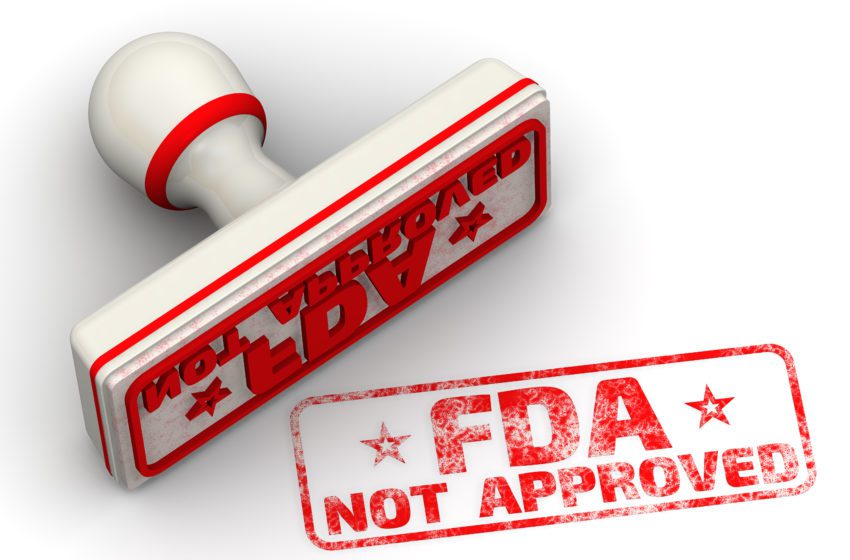





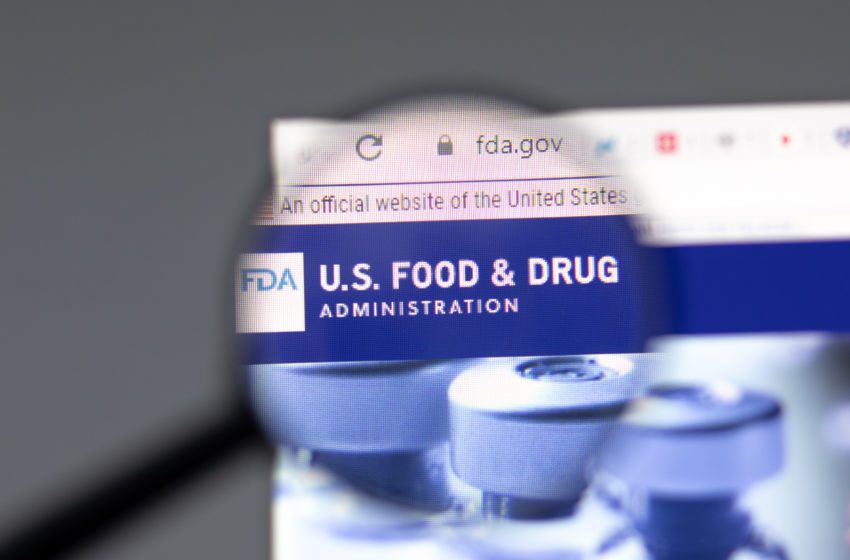
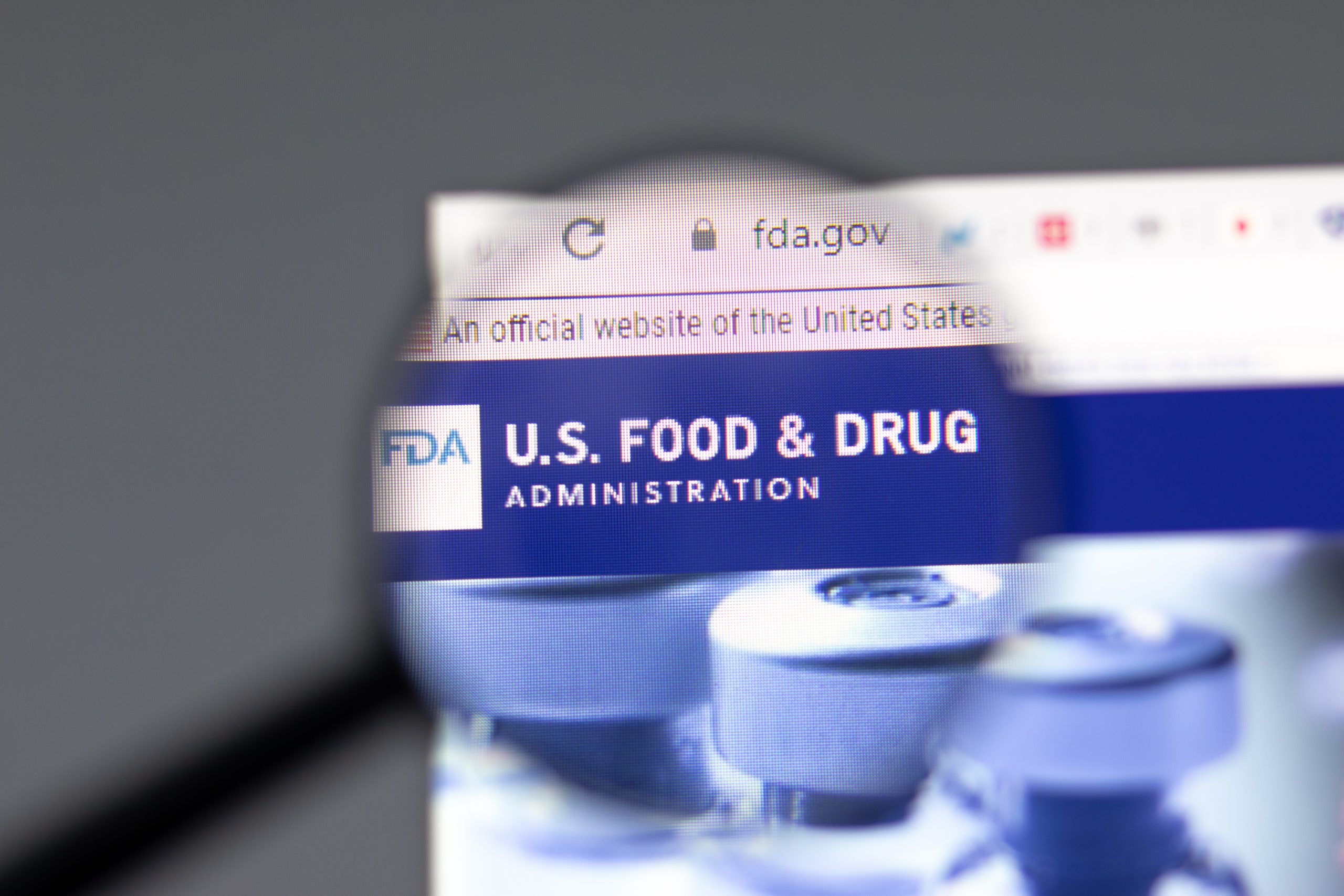




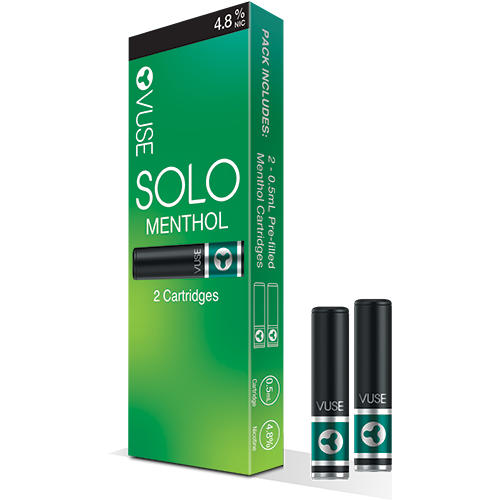
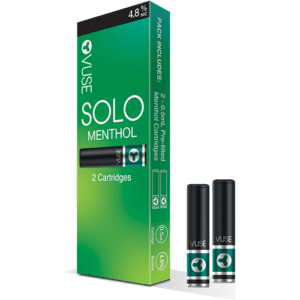 The U.S. Food and Drug Administration issued
The U.S. Food and Drug Administration issued